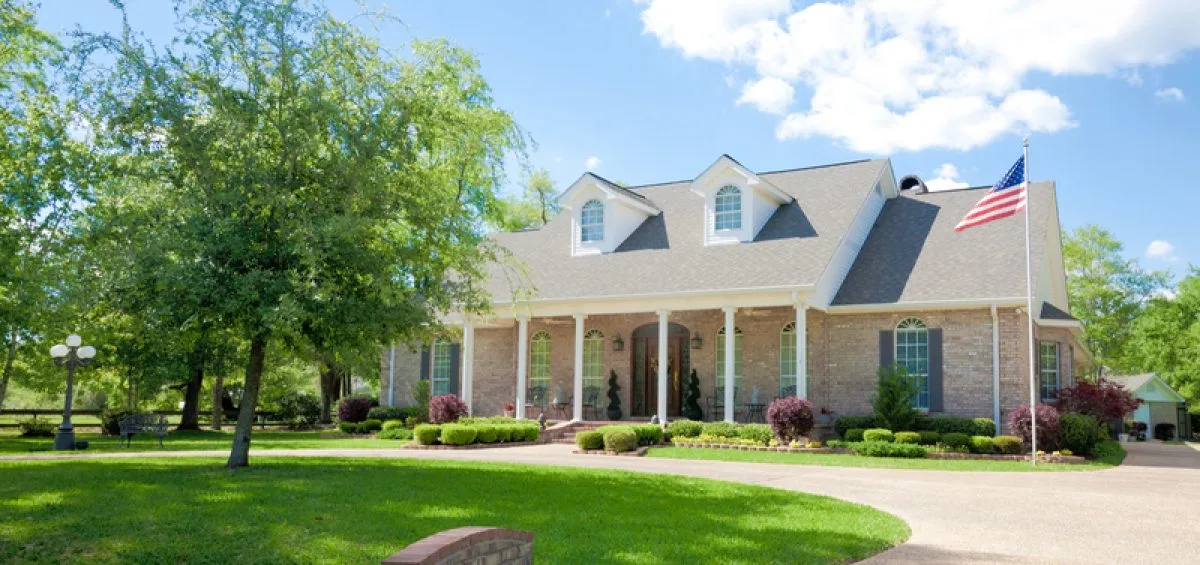Buying a home is a significant investment, and such a decision requires careful thought, weighing options and then making the right choice. You may have seen property listing shows where buyers visit countless properties and sometimes come up with nothing. Putting the flare for drama aside, property hunting is a tasking affair for many people especially novice buyers. If you wish to buy a country home, here are five guidelines to help you make a knowledgeable decision:
Hire a Listing Agent

Find a reliable listing agent who has a proven track record in representing buyers in your area of choice. Please note, agents who represent sellers are generally on the lookout for their clients’ interests and not yours. Purchasing a rural home comes with its own set of hurdles and loops that require expertise to navigate. You need an experienced realtor to guide you on the best property and location with all factors considered. Experienced, local agents have the specialized knowledge to help guide you through the home buying process. For instance, they can talk you through costs associated with buying a house on probate sale. They can also help you find a property to suit your exact needs, such as acreage for farming or a home with a view.
Rural Life

The choice to pack up and move to the countryside may sound like a fantasy, but life is not always as rosy. Aside from escaping smog, never-ending traffic, and other problems associated with city living, residing in a city also comes with many benefits. For instance, proximity to your work and the children’s school are some major pull factors. Moving out into the country means forgoing creatures of comfort like your favorite spin class, entertainment spots, and such. Before viewing properties, think long and hard to ascertain that indeed you are ready to make the transition.
Buying the Fixer-Upper

Acquiring property in the country often comes at a hefty price tag due to the lot size and other features therein such as farm structures like stables and cattle dips, farming machinery, etc. Buying the fixer-upper is a viable alternative as it is not only cheaper but also allows you to customize the home as per your tastes and preferences. There are actually some home loans specifically made for people who need to buy a fixer-upper that will cover the cost of the home and its necessary renovations together. If your budget allows, remodel the entire home starting with the most pressing areas, then tackle the rest in piecemeal. In the end, buying the fixer-upper is highly rewarding projects.
Local Permits
If you identify a particular area that is suitable for your family, check with local authorities about existing permits to do any kind of work. This could be paving tarmac roads, tree felling, gravel pits, massive development projects, etc. Such activities could disrupt a quiet hamlet or even change the outlook of the area. To negate such inconveniences, speak to the authorities about possible developments that may affect your area.
Chat Up the Neighbors
Unlike city properties where you can scour online reviews for juicy details, information on country properties may not be forthcoming. Becoming acquainted with your prospective neighbors doesn’t hurt one bit. Feel free to ask questions about life in the countryside, the ups, and downs, water, electricity, security, etc. Attend local fairs to meet the locals and bring the children along. Residents can share valuable details that will come in handy when scouting for property. And while you’re at it, it doesn’t hurt to get a few tips on local neighborly customs.
Buying a country home requires a great deal of background research to ensure you make informed decisions. Discuss the prospective move with your family and list down the pros and cons together. Enlist a trustworthy realtor to guide you through and be ready to negotiate. For building tips based on exterior and interior modifications, check out our blog!








Leave a Comment